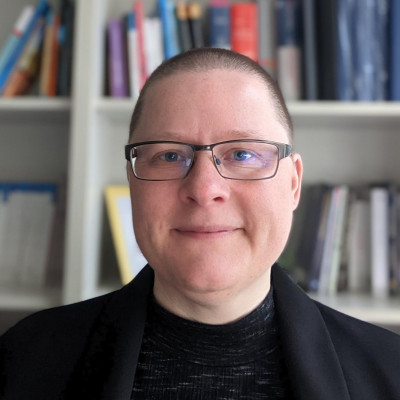Sessions / Keynote
Spielend Lernen Spielend Lehren: Games in TEFL and TEFL teacher education #2948
Developing skills in a foreign language can be a very serious matter. Language skills can be essential in gaining or maintaining employment, in being able to access information from a wide range of sources, in building relationships around the globe, and in being able to share one’s own experiences and opinions with a wider audience. But all work and no play does not necessarily achieve these important goals faster. In German, we have the fixed expression "Spielend Lernen", literally "learn while playing/gaming". I will share with you work undertaken to better understand how "Spielend Lernen" can be implemented in teaching English as a foreign language, especially with a focus on developing plurilingual competencies, i.e. competencies that build on one’s full linguistic repertoire. Specifically, I will discuss how the notion of "identity" helps us understand the potential of games for plurilingual education. Playing and games do not lose their relevance on the day we graduate from high school. I want to go beyond a focus on pupils and include a focus on teacher education, suggesting an analogue of "Spielend Lernen": "Spielend Lehren" (teaching while playing/gaming). Drawing on the notion of "apprenticeship of observation" and using examples from my own practices in TEFL teacher education I will argue that playful approaches and games have an important role to play in preparing pre-service teachers for a playful and gameful classroom.
Games and play in (researching) language teaching and learning: What really matters? #2951
🧑🏫 Abstract (Academic版)
CALL and related education and research and social concepts such as sustainability, hype cycles, integration and praxis provide context in order to answer the question “What really matters to you (and the field) for (researching) teaching and learning with games?” Ultimately, I hope that these concepts will help you see your teaching and research in some new light. I will share my 20-year journey of researching and using games and play in language teaching. I’ll use those CALL concepts to frame my mistakes and milestones. I hope that by sharing what I have done and learned that you can find successes and avoid failures in your own teaching and research journeys. I’ll share promising areas and questions for research, and I’ll be specific about how we can collaborate on these. Academia is a game. I sincerely hope that this talk gives you some more tools to play it your way, and well.

